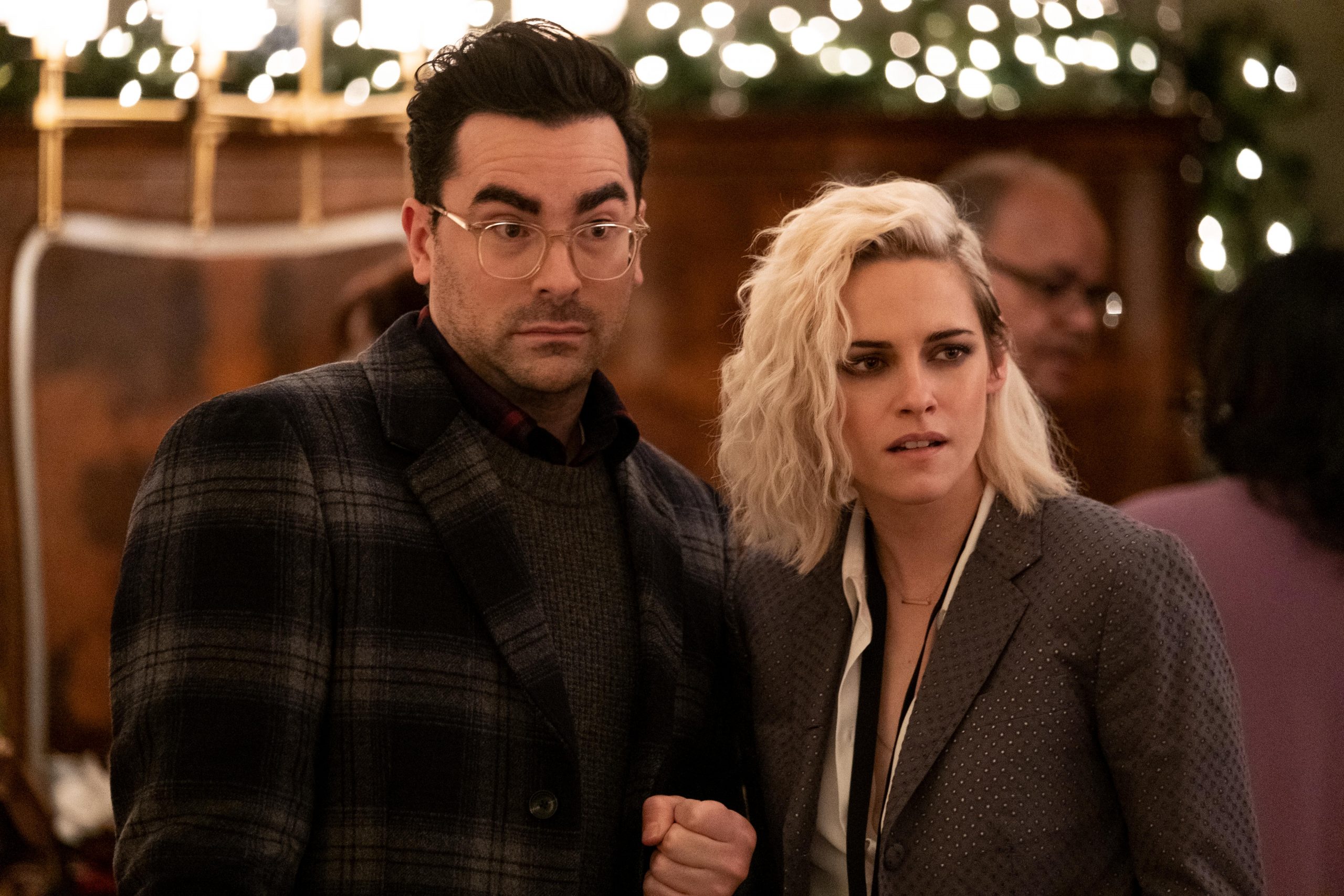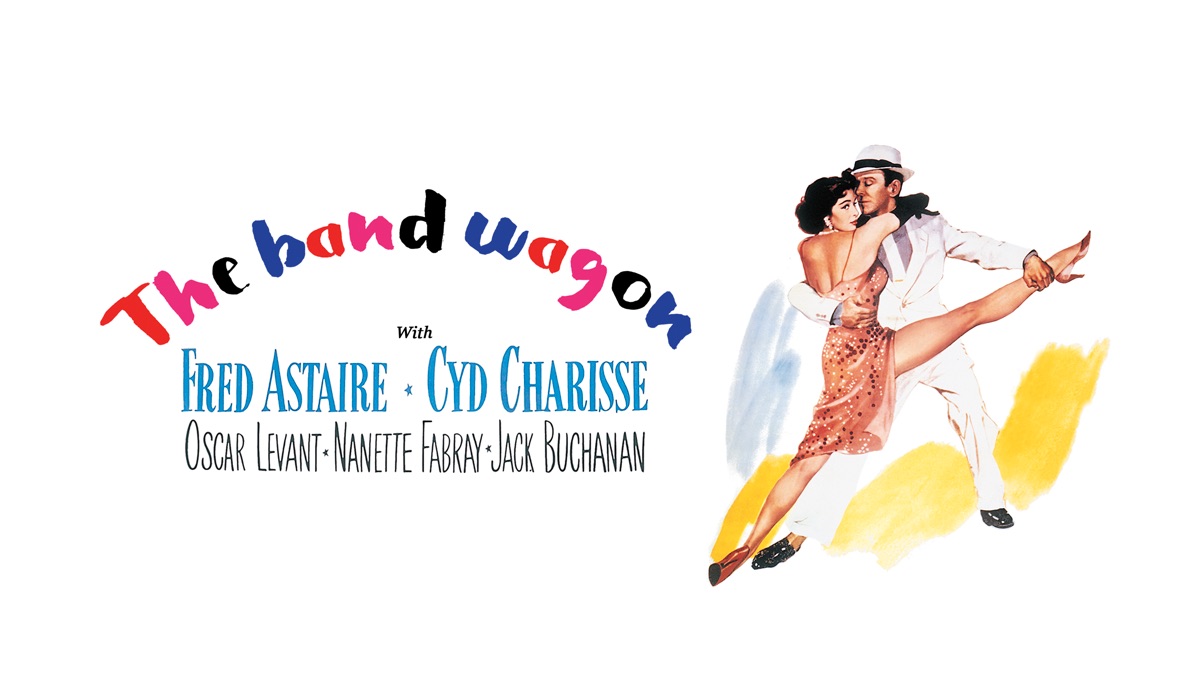
The release of Happiest Season on Hulu has led to a stir of debates but this critic is done with the trope of not being out to family in films.
Where are the films about being out and having an accepting family? Why is it that the biggest LGBTQ rom-com this year forces a love interest into the closet? There are other ways of presenting LGBTQ rom-coms but shoving someone into the closet isn’t it. I want to see stories that say you can be out and not go back into the closet.
I make no secret of the fact that I am an Orthodox Jewish transgender woman. My first time seeing extended family after coming out was a cousin’s bar mitzvah. While I had no problem with being accepted at my local shul in Chicago, I was afraid of how things could go at an Orthodox shul in the suburbs. I didn’t consult with the rabbi of that shul at the time but for my own comfort, I did reach out later because of instances in which I would want to spend Shabbas with family. For the record, I haven’t really spent Shabbas with cousins since but that’s only because of the effort it takes to get to and from when you don’t have a car.
If you don’t know my story, I came out as transgender just after the start of November 2015. At first, it was just to a group of friends and select family members who I felt would be the most open. After coming out to my immediate family, they wanted to shove me right back in the closet. Suffice it to say, Thanksgiving 2015 was World War 3. Chanukah didn’t get any better and by the end of the year, I just wanted to end my life. Even after coming out, my parents were ready to lock me up and throw away the key. This is where media myths come into play. They didn’t think I was trans because I didn’t show any signs. I know what it’s like to be shoved right back in the closet and that’s the main reason why I’m so done with the trope in films.
Chanukah 2015 was worse. Thanks to transphobic comments from a now former friend, I had a breakdown on Facebook. This meant coming out to an even larger circle of friends but also, coming out to my Chasidic friends. I’ve written about this at length on my transition blog. I knew that coming out meant having to move. There is no other choice when you come out in a small religious community. Even though my own experiences differ from the frum community in Disobedience, I’m not about to write a film about it. Why, you ask? Coming out as trans–either in an Orthodox community or to my family–is not something I care to relive.

I wrote at length about Disobedience when I first saw the film. Because of my own experiences, I feel it doesn’t go far enough. I have not been back home since coming out and it’s not because I chose against doing so. I miss home badly but because of being both Orthodox and trans, I’m still living in exile. Five years after coming out to extended family, there are family members who don’t even bother to acknowledge my existence just because of being transgender. These are people I have known for my entire life and yet, coming out as trans means getting the silent treatment. What I do hope is that Disobedience does is get Orthodox communities talking about how they treat the LGBTQ members of their own communities. When I met Alessandro Nivola during a press junket, I told him that the film hit close to home.
I belong to a Modern Orthodox community (which I love and miss dearly during the pandemic) and have yet to really see myself represented on screen. The Orthodox factor is why Disobedience comes the closest. Give me a movie about a Shabbat dinner or a Jewish holiday! Hell, no Chanukah movie could be complete without my brother playing with the candles and starting a house fire. This is a true story and I will never let him live it down! For the record, I grew up in a Conservative shul and drifted towards Orthodoxy in college. There is a story for me to tell when I am ready but I am not there yet. Every trans person has their own story but they are not the same.
That’s as vague as I am going to be in public about any film ideas because I don’t want them stolen. I have ideas but it’s a matter of finding the right one to tell. More than that, it’s a matter of said film finding an audience.
What I see in Lez Bomb is far different than what takes place in Happiest Season. A recent Thanksgiving staple from Jenna Laurenzo, Lauren (Laurenzo) is trying to come out to her dysfunctional family. She brings girlfriend Halley (Caitlin Mehner) home for the holiday but doesn’t force her back into the closet. However, all attempts go nowhere because her male roommate decides to surprise the family. Lez Bomb is everything that Happiest Season wants to be but the film fails. Do family members have quirks in both films? Most certainly, yes.
Indies always have to fight for screens and coverage. I will continue to champion Lez Bomb. Unfortunately, not many people have heard of the film. There are 9 reviews on Rotten Tomatoes when I checked on Thanksgiving. On Letterboxd, it’s been logged over 1,000 times while Happiest Season has been logged 28,000 times.
I want to see films where none of the lead characters are forced back into the closet. Show us a film where you can come out and be happy! Show me a film where you can come out and have an accepting family! You can have comedy in a film without shoving anyone into a closet. If someone forces you into the closet while you meet the family, they are not the right person for you. A loving and caring person just wouldn’t do that. Not at all. When it comes to being transgender, I subscribe to what Jen Richards told me three years ago: “If being trans is the most interesting thing about a character, or the only reason they’re in a story, then they’re not a person, but a prop.”






